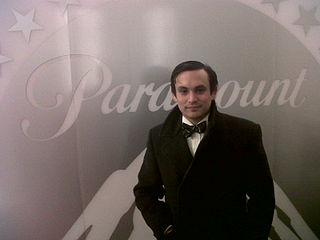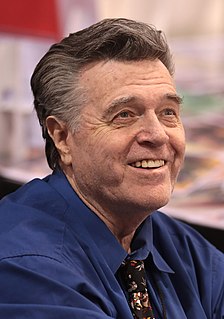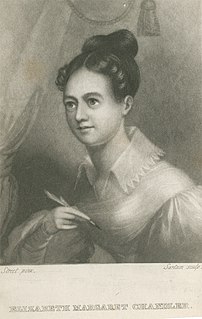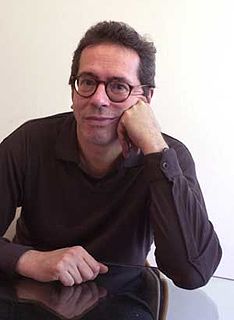A Quote by Yehuda Amichai
The memory of my father is wrapped up in white paper, like sandwiches taken for a day of work. Just as a magician takes towers and rabbits out of his hat, he drew love from his small body.
Related Quotes
It is God's earth out of which man is taken. From it he has his body. His body belongs to his essential being. Man's body is not his prison, his shell his exterior, but man himself. Man does not "have" a body; he does not "have" a soul; rather he "is" body and soul. Man in the beginning is really his body. He is one. He is his body, as Christ is completely his body, as the Church is the body of Christ
Then come on up. DO everyone a favor and shut me up," he said. "Put down your money, pick up that ball, and let it fly, looker." "I'd rather not" People laughed. He flapped his arms and squawked like a chicken "Afraid you can't throw that far?" "I know I can" He lifted his hat in a small salute to my claim. Blond curls slipped out, then he plopped the hat back on and said, "I dare you.
All the charm of the angler's life would be lost but for these hours of thought and memory. All along the brook, all day on lake or river, while he takes his sport, he thinks. All the long evenings in camp, or cottage, or inn, he tells stories of his own life, hears stories of his friend's lives, and if alone calls up the magic of memory.
A rich man's body is like a premium cotton pillow, white and soft and blank. ''Ours'' is different. My father's spine was a knotted rope, the kind that women use in villages to pull water from wells; the clavicle curved around his neck in high relief, like a dog's collar; cuts and nicks and scars, like little whip marks in his flesh, ran down his chest and waist, reaching down below his hip bones into his buttocks. The story of a poor man's life is written on his body, in a sharp pen.
He put on his hat and wrapped his scarf around his jaw, but did without the wig and the sunglasses. He clicked his key chain and the car beeped and the doors locked. "That's it?" He looked up. "Sorry?" "Aren't you afraid it might get stolen? We're not exactly in a good part of town." "It's got a car alarm." "Don't you, like, cast a spell or something? To keep it safe?" "No. It's a pretty good car alarm.
Each memory is like a paper flower stowed up a magician's sleeve: invisible one moment and then so substantial and florid the next I cannot imagine how it stayed hidden all this time. And like those paper flowers, once they've been let loose in the world, the memories are impossible to tuck away again.
When the father dies, he writes, the son becomes his own father and his own son. He looks at is son and sees himself in the face of the boy. He imagines what the boy sees when he looks at him and finds himself becoming his own father. Inexplicably, he is moved by this. It is not just the sight of the boy that moves him, not even the thought of standing inside his father, but what he sees in the boy of his own vanished past. It is a nostalgia for his own life that he feels, perhaps, a memory of his own boyhood as a son to his father.






































